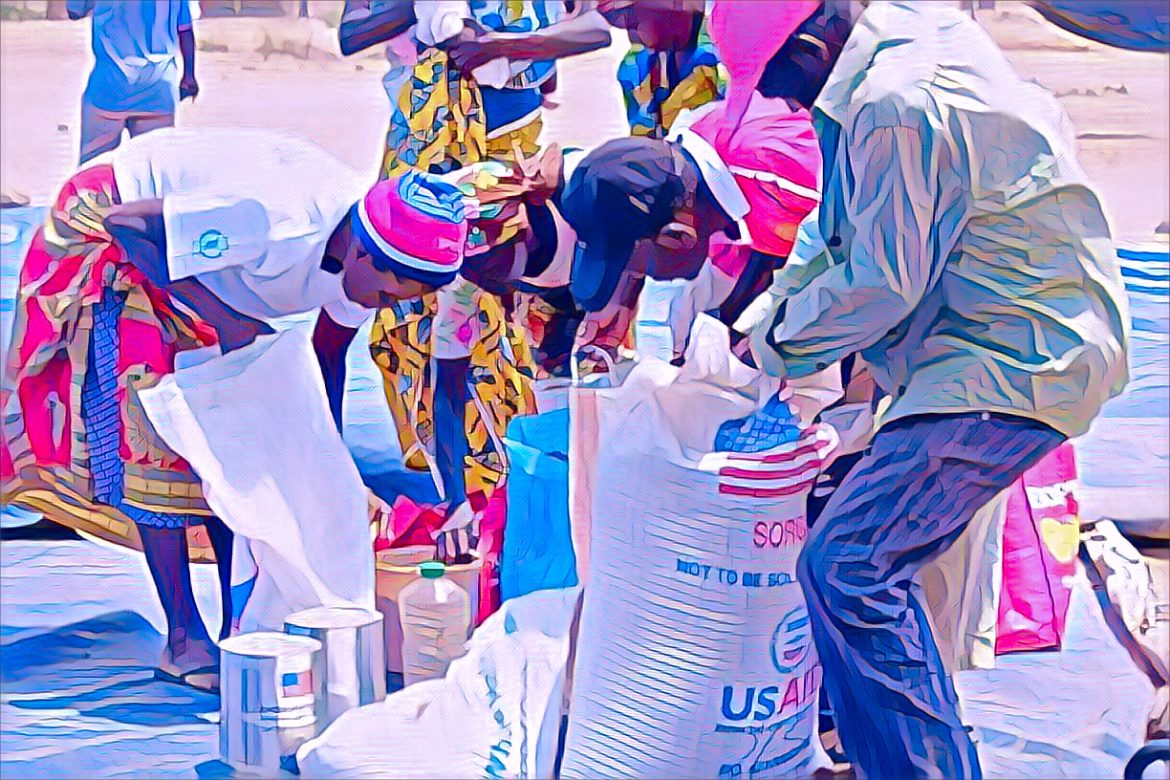KEY POINTS
- WFP appeals for urgent funding to tackle Zimbabwe’s food crisis.
- Over 50 percent of Zimbabwe’s population faces food insecurity.
- Delays in donor support could hinder food distribution during the lean season.
The United Nations World Food Program (WFP) has issued an urgent call for more funding to address the food crisis caused by this year’s El Nino-induced drought in Zimbabwe. The drought, which has left more than half of Zimbabwe’s population food insecure, is forcing the WFP to seek immediate financial support to provide life-saving food assistance.
The lean season in Zimbabwe typically starts in October and lasts through March, peaking between January and March. This period is marked by severe food shortages, especially in rural communities that depend on subsistence farming.
Addressing the media at a food security fair in Harare on Friday, WFP Zimbabwe representative and country director Barbara Clemens expressed concern over the slow response from donors to their aid appeal.
“It’s been challenging so far. As you know, the WFP was part of the UN flash appeal for the El Nino, and so far, we have received roughly about a quarter of the funding that we need,” she said.
Slow donor response threatens urgent food aid
Following the devastating effects of the drought, the United Nations launched a $429.3 million drought flash appeal in May, with $201 million earmarked for the WFP to provide emergency food support.
However, only 25 percent of the required funds have been received, posing a significant challenge to Zimbabwe’s food security efforts.
Clemens highlighted the urgency of closing the funding gap, as the WFP faces a “tight procurement window” to acquire and distribute essential food supplies.
“We are getting extremely close to a tight procurement window to be able to buy enough food on time to provide life-saving food assistance at the peak of the lean season, which starts from December all the way to March,” she explained.
Despite limited global resources, Clemens called on international donors and partners to prioritize Zimbabwe’s humanitarian needs.
According to New Zimbabwe, she acknowledged the growing competition for donor funds due to multiple global crises, but emphasized the need to keep Zimbabwe’s situation at the top of donors’ agendas.
Zimbabwe declares drought a state of disaster
The severity of the drought prompted President Emmerson Mnangagwa to declare it a state of disaster in April, signaling the urgent need for international assistance. The declaration has enabled Zimbabwe to seek global support to address food insecurity and other related challenges.
This year’s El Nino weather event has significantly worsened Zimbabwe’s lean season, which is already a difficult time for vulnerable communities. Many households that rely on rain-fed agriculture have been left without sufficient harvests, forcing them to depend on humanitarian aid for survival.
With over 50 percent of the population affected, the WFP aims to provide emergency food support to prevent hunger and malnutrition from worsening. However, with only a fraction of the required funds secured, the WFP’s ability to meet Zimbabwe’s needs remains in doubt.
Clemens highlighted the importance of donor support, especially as Zimbabwe faces mounting challenges. “We live in a world where there are many hotspots of vulnerability going on, and this has affected the income that we can be given as donors are forced to prioritize,” she explained.


